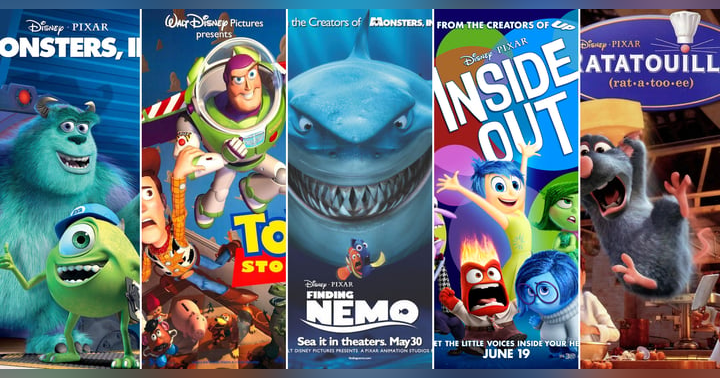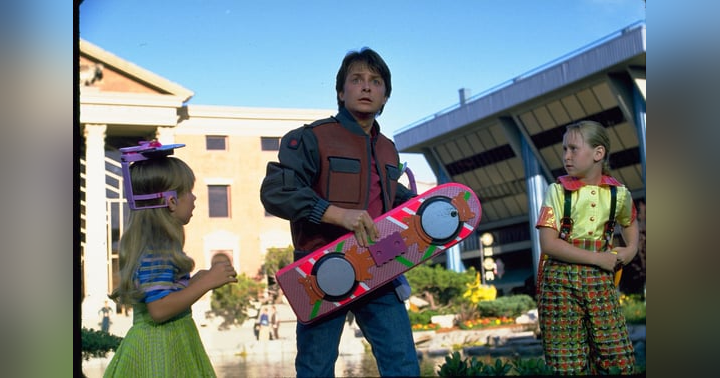From Underdog to Icon: The Pop Culture Legacy of the Rocky Franchise

The “Rocky” franchise, beginning with the original film in 1976 and spanning several sequels and spin-offs, has cemented itself as a cornerstone of American pop culture. Created by and starring Sylvester Stallone, this series of films not only redefined the sports drama genre but provided a template for underdog stories in cinema. Beyond its cinematic achievements, “Rocky” has profoundly impacted pop culture, influencing everything from sports to music to the broader narrative of the American Dream, in this blog we will uncover the legacy of the Rocky franchise.
The Birth of a Legend
“Rocky” was born out of Sylvester Stallone's own struggles as an actor and writer. With a modest budget and a relatively unknown lead, the film's success was anything but guaranteed. Yet, its story of Rocky Balboa, a small-time boxer given a shot at the world heavyweight title, resonated deeply with audiences. The film's critical and commercial success turned Stallone into an overnight star and set the stage for an enduring franchise.
The first film's impact on pop culture was immediate. Rocky’s iconic run-up of the steps of the Philadelphia Museum of Art, set to Bill Conti’s triumphant score, became a symbol of determination and resilience. The image of Rocky with his arms raised in victory is now etched into the American cultural consciousness, representing the triumph of the human spirit against overwhelming odds.
Defining the Underdog Story
At its core, the “Rocky” series is about the underdog – a theme that has universal appeal. Rocky Balboa’s journey from obscurity to the pinnacle of boxing success mirrors the dreams of countless individuals striving to overcome their circumstances. This narrative struck a chord in the mid-1970s when the United States was grappling with economic challenges and a crisis of confidence. Rocky’s perseverance and grit showed that hard work and determination could lead to success.
This underdog theme has since become a staple in storytelling across various media. Films, television shows, and even real-life sports narratives frequently draw upon the “Rocky” template to evoke a sense of hope and inspiration. The franchise's influence can be seen in movies like “The Karate Kid,” “Rudy,” and “Remember the Titans,” all of which echo the spirit of Rocky Balboa.
Impact on Sports Culture
The “Rocky” franchise has profoundly impacted sports culture, particularly in the boxing world. The character of Rocky Balboa, with his relentless work ethic and never-give-up attitude, has inspired countless athletes. Boxers and fighters often cite Rocky as a source of motivation, and training montages set to upbeat music have become a cliché in sports films, largely thanks to the “Rocky” series.
The franchise also brought boxing into the mainstream spotlight. While boxing had always been popular, “Rocky” gave it a cinematic flair that attracted new fans. The depiction of intense training regimens, brutal fights, and the personal toll of the sport provided a gritty, realistic look at the world of boxing. The film’s success helped to boost the sport’s popularity in the late 20th century.
Music and Montage
One of the most enduring legacies of the “Rocky” franchise is its use of music, particularly the training montages. Bill Conti’s “Gonna Fly Now” became an anthem of motivation and determination, perfectly capturing the essence of Rocky’s journey. The use of music to enhance the emotional impact of the training sequences was revolutionary, and it has since become a staple in sports and action films.
With its rhythmic editing and inspirational music, the training montage has become a genre-defining element. These sequences distil the essence of hard work and perseverance into a few minutes of screen time, creating an emotional high point that audiences look forward to. The influence of Rocky’s training montages can be seen in countless films, television shows, and even commercials that aim to inspire and motivate.
Cultural Symbols and Legacy
The cultural symbols associated with the “Rocky” franchise vary. The steps of the Philadelphia Museum of Art, now often referred to as the “Rocky Steps,” have become a pilgrimage site for film fans. The statue of Rocky, initially created for “Rocky III,” stands as a testament to the character’s enduring legacy and the impact of the films on the city of Philadelphia.
The franchise has also contributed memorable quotes and catchphrases to the cultural lexicon. Phrases like “Yo, Adrian!” and “It ain't about how hard you hit; it’s about how hard you can get hit and keep moving forward” have transcended the films, becoming motivational mantras for many.
Expanding the Universe
The success of the original “Rocky” film led to a series of sequels that expanded the story of Rocky Balboa. Each film added new dimensions to the character and introduced new rivals, from Apollo Creed to Clubber Lang to Ivan Drago. These characters became iconic in their own right, contributing to the rich tapestry of the “Rocky” universe.
The franchise has continued to evolve in recent years with the “Creed” films, which focus on Adonis Creed, the son of Apollo Creed. These films have introduced the “Rocky” saga to a new generation of viewers while also exploring contemporary themes such as identity, legacy, and the complex relationship between fathers and sons. Sylvester Stallone’s return as an older, wiser Rocky provided a poignant bridge between the old and new, ensuring the franchise's continued relevance.
Conclusion
The “Rocky” franchise’s importance to pop culture cannot be overstated. From redefining the sports drama genre to inspiring countless individuals with its underdog narrative, “Rocky” has left an indelible mark on cinema and society. Its influence extends beyond the screen, impacting sports culture, music, and even how we think about perseverance and success.
Rocky Balboa’s journey from the streets of Philadelphia to the world heavyweight title is more than just a story about boxing; it’s a testament to the power of hope, determination, and the human spirit. As long as underdogs strive to overcome the odds, the legacy of “Rocky” will endure, reminding us all that it’s not about how hard you hit but how hard you can get hit and keep moving forward.














